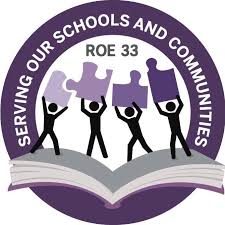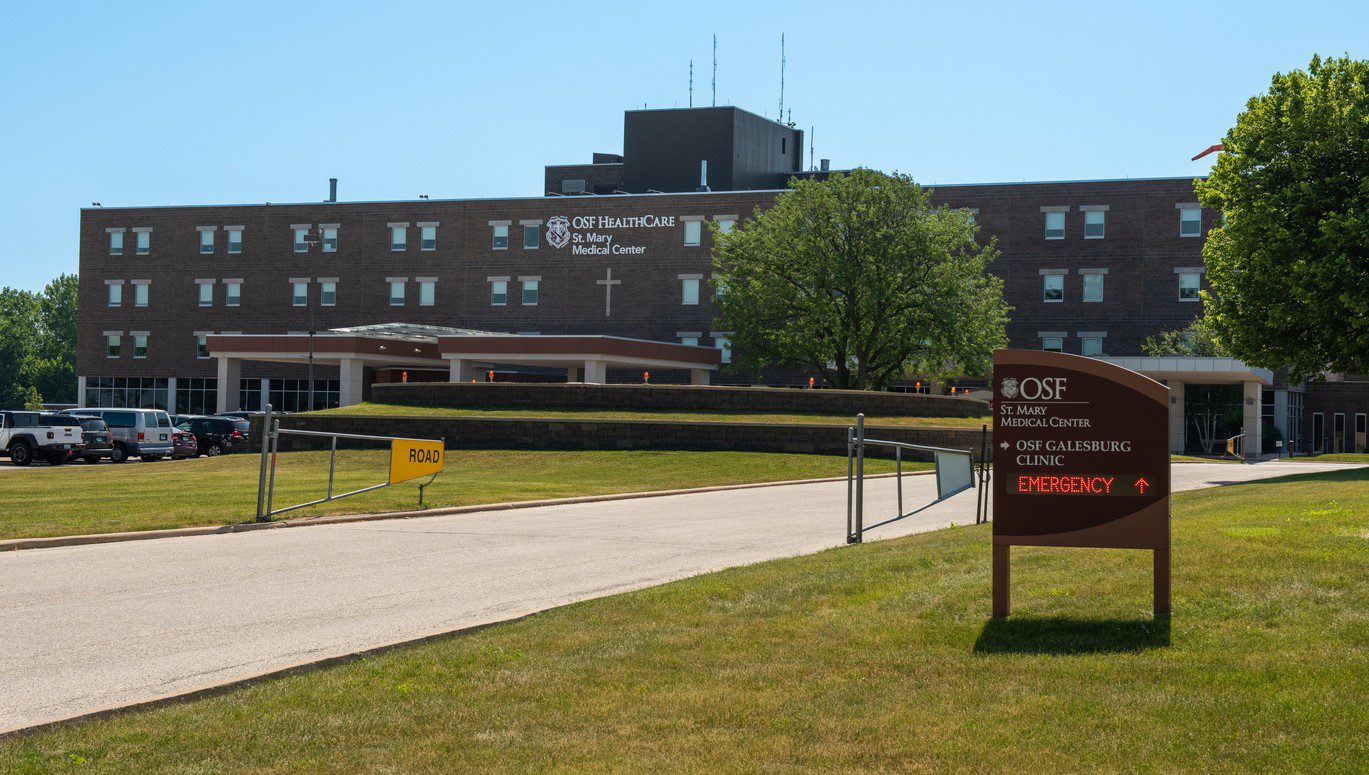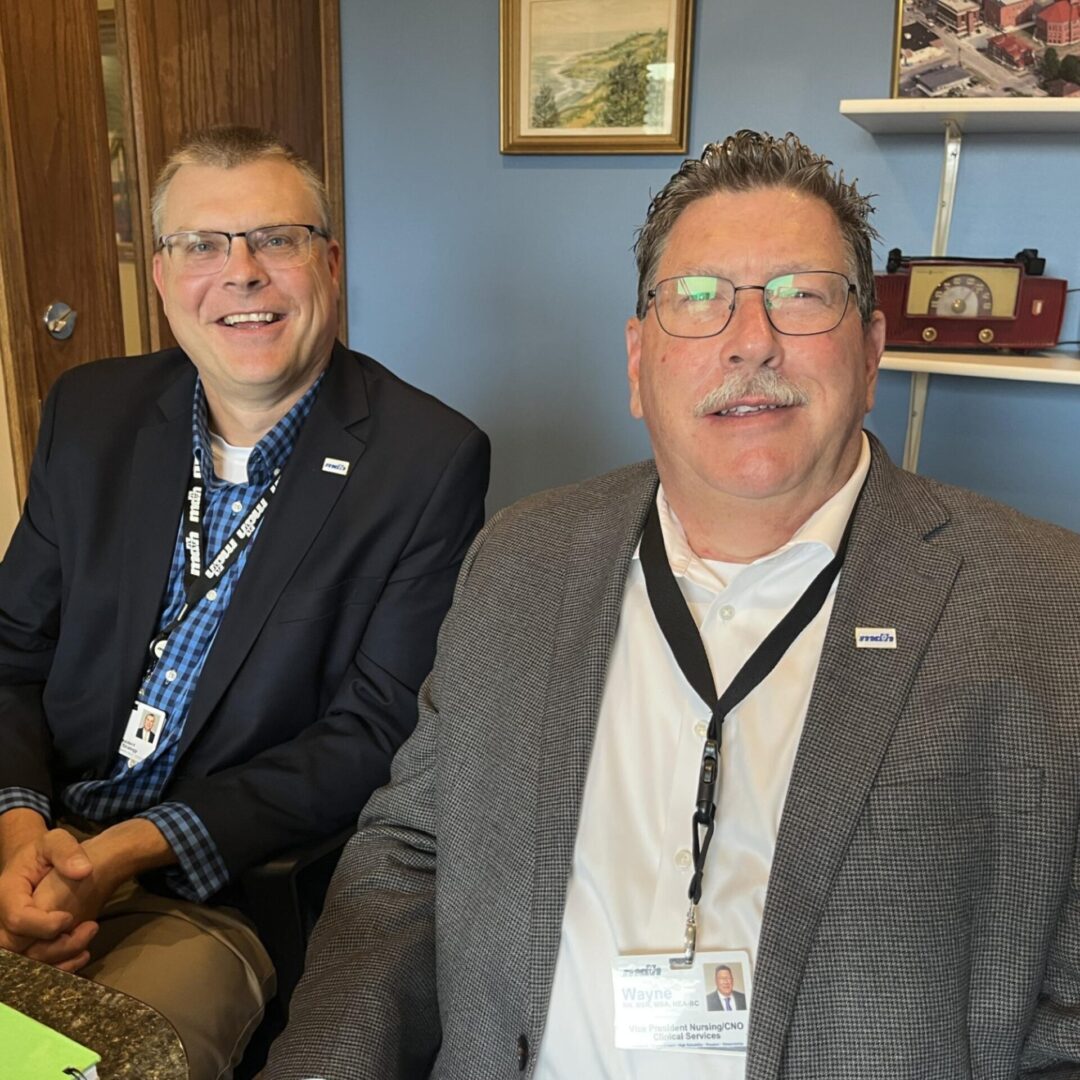Since its founding in 2015, the Rural Schools Collaborative has worked to build sustainable rural communities by focusing on place, teachers and philanthropy.
From the very beginning, Monmouth College has played a vital role in that mission, not only as one of RSC’s founding higher education partners but also as a campus community deeply committed to preparing its students to teach, lead and serve in rural school settings. The college even provides RSC’s offices and meeting spaces and serves as the Illinois hub for its place-based education initiative.
“Our collaboration is rooted in a shared belief that rural schools and communities deserve visionary, well-prepared educators who understand the unique cultural, economic and ecological context of rural life,” said Lori Ferguson, who assists in the coordination of the partnership and serves as an advocate for rural teacher development. “Together, we’re not just preparing teachers, we’re nurturing future community leaders.”
“Rural Schools Collaborative would not be here without Monmouth College,” said its executive director, Taylor McCabe-Juhnke. “The Illinois Regional Hub has served as a model partnership for RSC, showing what is possible when local schools, higher education and community partners work together.”
TARTANS: Training rural teacher-leaders
At the heart of Monmouth’s rural education initiative is the TARTANS program (Teachers Allied with Rural Towns and Neighborhood Schools). This rural teacher corps is a significant part of the college’s teacher education program, intentionally developing undergraduates as rural teacher-leaders.
“The TARTANS receive targeted instruction on rural education, mentorship from practicing rural teachers, and meaningful experience in place-based education,” Ferguson explained. “We also connect them with a national network of educators, school leaders and community advocates.”
The results speak for themselves. Of the 12 educational studies majors who recently completed their student-teaching experience, 11 will begin teaching in rural schools this fall.
“We are so proud of the success of the TARTANS rural teacher corps, and we look forward to many more opportunities to collaborate,” said McCabe-Juhnke.
Place-based learning with a purpose
Monmouth College’s approach to rural teacher training emphasizes place-based learning, an educational philosophy that connects learning to the local environment, history and community needs.
“Place-based education increases student engagement and achievement by making learning personal and relevant,” said Ferguson. “At Monmouth, students practice this through hands-on experiences at our Educational Farm and outdoor classroom. These opportunities allow them to directly engage with the land, the local economy and the community.”
The model benefits not just education majors, but students across disciplines. Through rural partnerships and community-based projects, students build social capital and a strong sense of civic responsibility.
“By tying education to the real-world challenges of rural communities, whether through environmental restoration or cultural preservation, students feel a sense of ownership in their learning,” said Ferguson. “That’s what keeps them connected to rural life and committed to making a difference.”
Monmouth’s commitment to rural education doesn’t end at graduation. Ferguson emphasized that students and alumni who choose to teach in rural communities receive plenty of support, noting “Graduates stay connected through professional networks, access to national rural education resources, and leadership opportunities. These support systems are critical in retaining talented teachers in rural schools.”
National mission, local impact
The Rural Schools Collaborative pursues its mission through a range of national initiatives, including:
Place Network: Supporting rural K-12 schools through curriculum, consulting and research-informed best practices.
Rural Teacher Corps: Recruiting and preparing future rural teachers through college partnerships.
I Am a Rural Teacher: Sharing more than 130 rural teachers’ voices to influence education policy.
Grants in Place: Awarding more than $450,000 in grants to rural teachers for place-based projects.
The Catalyst Fund: Distributing more than $330,000 to support rural teacher corps development and promote rural education philanthropy.
Monmouth College has been a key player in several of these initiatives, said Ferguson. “We help RSC identify authentic visionary leaders rooted in rural communities, share stories for national dissemination, and support their Grants in Place and Catalyst Fund efforts.”
Looking forward
Monmouth College’s partnership with RSC is now evolving through an exciting new initiative – The Rural Educator Ecosystem: Community of Learners. With support from a recent grant, the initiative will establish a community of learners to connect rural-serving organizations through site visits, events and grants; develop a comprehensive data and research strategy to track alumni, measure program impact, and address rural education research gaps; and share effective practices nationally through storytelling and media.
This summer, Monmouth will participate in the first Community of Learners Rural Teacher Corps Summit. “It’s going to be a remarkable gathering of people who are passionate about rural education,” said Ferguson. “We’re thrilled to contribute to that conversation.”
Monmouth and the RSC are aligned on long-term goals that support rural students and schools. These include promoting learner-centered practices where place-based learning helps students meet or exceed academic targets; encouraging community impact by preparing teachers who help make rural areas more ecologically resilient, economically vibrant, and culturally inclusive; and viewing the community as a classroom, so that education is always grounded in local context and real-world relevance.
“Our partnership has helped us be intentional in how we serve our students and, by extension, all rural communities,” said Ferguson. “We’re proud of what we’ve built together and are excited about what’s next.”
Savannah Franklund, RSC’s assistant director of operations, has seen the partnership from both sides.
“As a (2021) Monmouth College graduate, it’s incredibly rewarding to see my alma mater so deeply invested in the future of rural education,” she said. “Monmouth doesn’t just talk about supporting rural communities – they live it. Their commitment to preparing teacher-leaders who understand the strengths and challenges of rural life has been foundational to RSC’s work from the start. This partnership continues to shape a new generation of educators who are rooted in place and ready to lead.”
***Courtesy of Barry McNamara, Monmouth College***













